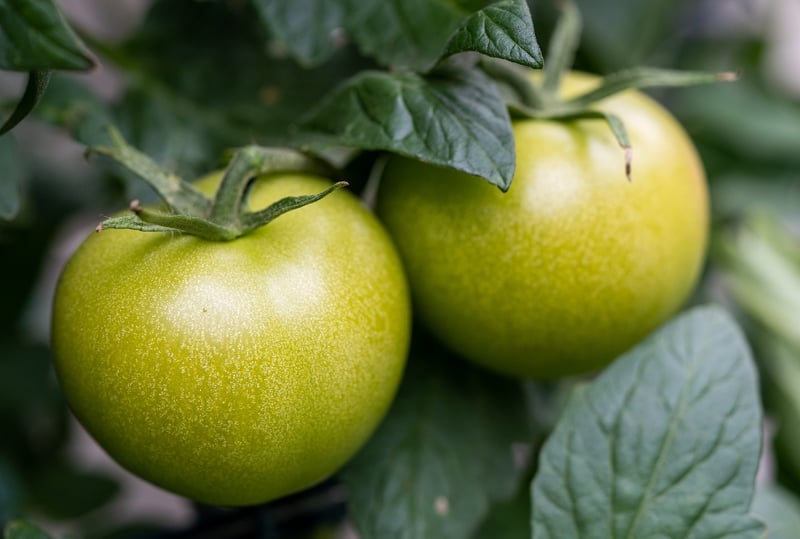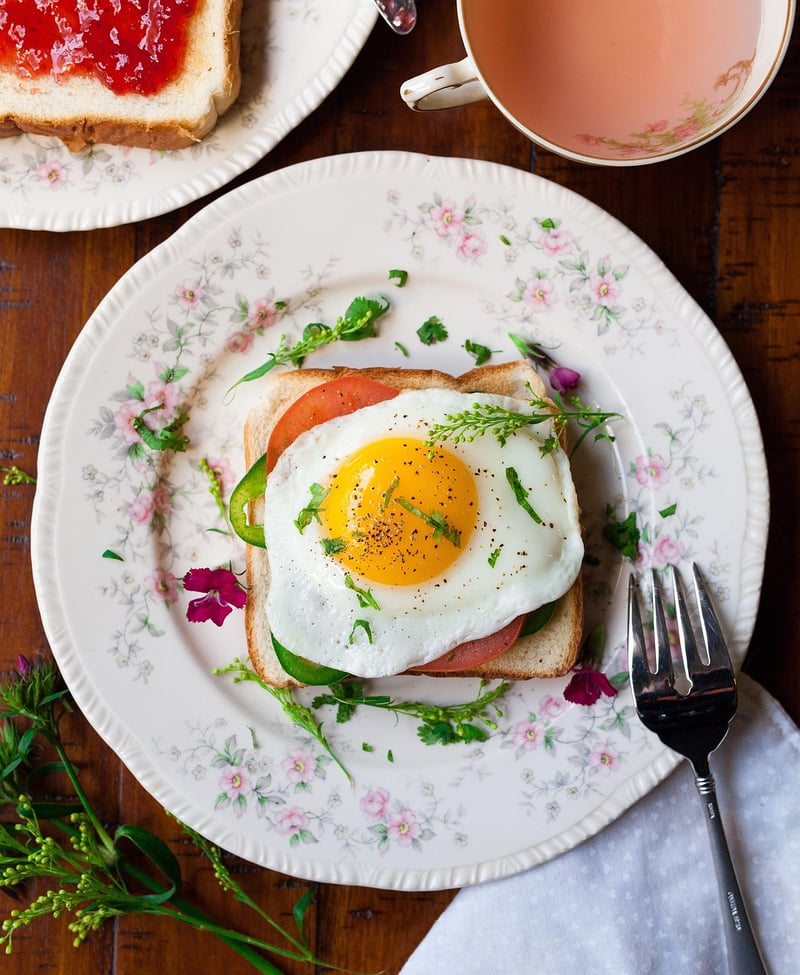Plating Techniques
Discover the Art of Food Presentation + Plating Techniques
Food presentation is an integral part of culinary art that involves arranging and decorating food on a plate in an aesthetically pleasing manner. Mastering the art of food presentation not only enhances the visual appeal of a dish but also elevates the overall dining experience. Here, we will explore some essential plating techniques and tips to help you create stunning and Instagram-worthy dishes.
1. Balance and Harmony
When plating a dish, strive for balance and harmony in both color and arrangement. Use a combination of contrasting colors and textures to create visual interest. Consider the shape and size of each component to ensure a well-balanced presentation.
2. Negative Space
Utilize negative space on the plate to highlight the main components of the dish. Negative space, also known as white space, helps draw the eye to the focal point and prevents the plate from looking overcrowded.
3. Height and Layering
Adding height to a dish can create a sense of drama and sophistication. Experiment with layering different elements, such as stacking ingredients or using edible garnishes to add verticality to the presentation.
4. Garnishes and Accents
Enhance the visual appeal of your dish with carefully chosen garnishes and accents. Fresh herbs, edible flowers, microgreens, and sauces drizzled artistically can add color, flavor, and texture to the plate.
5. Plate Shape and Size
Consider the shape and size of the plate when plating your dish. Choose a plate that complements the colors and textures of the food and allows ample space for creative presentation.
6. Utensils and Tools
Use specialized utensils and tools like squeeze bottles, tweezers, and offset spatulas to create precise and intricate designs on the plate. These tools can help you achieve professional-looking presentations.
7. Practice and Experiment
Like any art form, mastering food presentation takes practice and experimentation. Don't be afraid to try new plating techniques, explore different styles, and let your creativity shine through in your presentations.
8. Conclusion
Mastering the art of food presentation requires attention to detail, creativity, and a passion for culinary aesthetics. By incorporating these plating techniques and tips into your cooking repertoire, you can transform your dishes into works of art that delight not only the palate but also the eyes.
Now, unleash your creativity in the kitchen and start experimenting with these food presentation techniques to take your culinary skills to the next level!

Image Source: Pixabay
